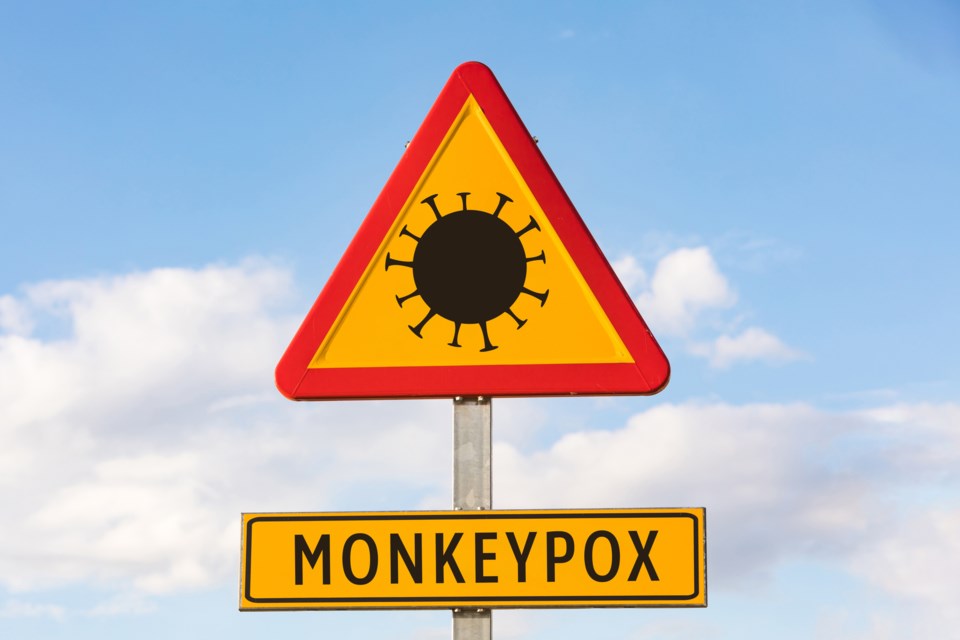Canadians travelling for business, work and family to China will need to undergo “double screenings” for both monkeypox virus and COVID-19 during their quarantine period.
China’s National Health Commission recently published a guideline on monkeypox prevention and control, stating that apart from COVID-19 tests, inbound travellers entering China should also be tested for monkeypox virus during quarantine — especially those who have a travelling history in countries with reported monkeypox infections within 21 days before entering China.
According to the guideline, returnees from epidemic areas should be closely monitored. If rashes or other symptoms related to monkeypox appeared, they should seek medical treatment and inform doctors of their travel history. Suspected cases need to be promptly reported to local disease control agencies and transferred to designated medical institutes.
The World Health Organization said Tuesday (July 12) that it will convene a second emergency meeting next week to decide if monkeypox is a global health threat as cases keep rising.
As of July 13, global monkeypox cases have topped 10,000, with cases found in almost 60 countries. So far, Canada has identified 477 cases, with 29 of them found in B.C..
No cases have been found in China yet and the authorities are determined to keep the virus out of the country by tightening up the prevention and control measures.
Many Chinese social media users, however, became further concerned about the import of monkeypox as disinformation and conspiracy theories that ‘US let monkeypox loose’ are swirling on China’s twitter-like platform Weibo.
Other conspiracy theories, such as the virus is created in a lab or caused by COVID-19, have also been circulating on social media in Ukraine, Russia, and the U.S.. Experts have debunked these theories, suggesting that all the genetic sequences for the virus’ DNA have shown that the virus is traced back from West Africa and is not something manufactured.



